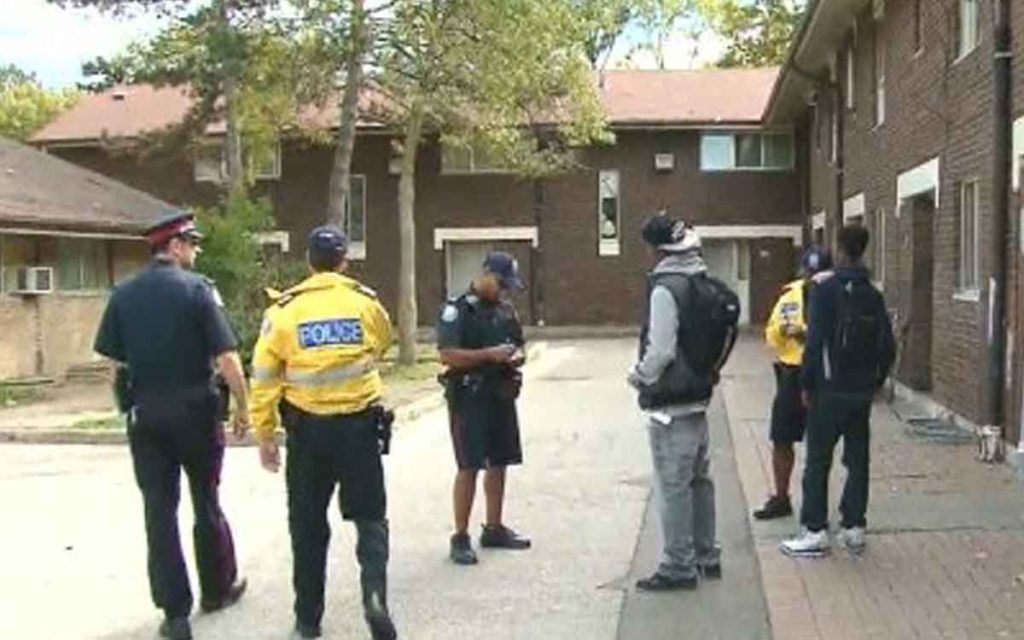
The practice of “carding”, wherein police officers randomly stop an individual, collect identifying information and retain it in a database, has been used to varying extents in Ontario since the 1950s. In recent years, it has become highly controversial as it became clear that a disproportionate number of the people carded belonged to certain identifiable groups, notably people of colour and those of indigenous heritage. There were periods of time when quotas were even established for carding, which led to all kinds of abuses by some police officers. In 2016 new regulations were brought in by the Wynne government to supposedly stop the practice of randomly “carding” people that were doing nothing wrong, but it seemed to lead to more confusion than anything else as the wording of the regulations was unclear and convoluted .
In an attempt to establish some badly-needed clarity on the issue of carding, a comprehensive report overseen by Ontario Appeal Court Judge Michael Tulloch was made public last week. One thing the report clearly lays out is the difference between “street checks” and carding. Street checks are the legitimate collection of information in a situation where there is reasonable evidence that something untoward is going on, whereas carding is typically undertaken when there is no tangible reason for suspecting the individual except perhaps that they are out late at night, are in a certain neighbourhood, or that a police officer has a quota to fill.
There remain many advocates of carding among the law-and-order crowd. The fact that there has been a spike in murders, mostly in Toronto, over the past year or so has encouraged some to claim that the removal of carding was the reason. Tulloch debunks this point of view by noting that data over several years show no trend of increasing crime, and that across the province as a whole homicides have actually gone down. The report recommends getting rid of carding completely, while clarifying the rules around legitimate street checks so that police can have more certainty going forward. Another recommendation is that officers be required to tell people when a conversation is voluntary, and if information is maintained in a database it will be automatically destroyed after 5 years.
No matter how clear the rules may become, gray areas will remain as subjectivity on the part of law enforcement personnel will always be a factor in determining whether there is indeed a legitimate reason for stopping people and retaining information in a database. The ball is now in the Ford government’s court as to whether or not to implement all recommendations in the report, some of them, or reject the report entirely. Considering the thoughtful, constructive and common sense approach of the Tulloch report, and the significant damage that carding has done in alienating certain groups and increasing distrust for police and public institutions, it would seem that the sensible course of action would be to accept the report, clarify the existing regulations, and do away with the practice of carding for once and for all.

She has published numerous articles in journals, magazines & other media on issues such as free trade, finance, entrepreneurship & women business owners. Ms. Swift is a past President of the Empire Club of Canada, a former Director of the CD Howe Institute, the Canadian Youth Business Foundation, SOS Children’s Villages, past President of the International Small Business Congress and current Director of the Fraser Institute. She was cited in 2003 & 2012 as one of the most powerful women in Canada by the Women’s Executive Network & is a recipient of the Queen’s Silver & Gold Jubilee medals.




















